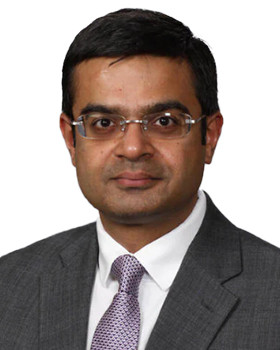
CLL Research Review Club
First-Line Venetoclax Combinations in Chronic Lymphocytic Leukemia
In this large randomized phase 3 clinical trial (CLL13/GAIA), previously untreated patients with chronic lymphocytic leukemia (CLL) with a median age of 61 years were randomly assigned (1💯1:1) to treatment on one of the following four arms: 1) chemoimmunotherapy (CIT) consisting of either fludarabine, cyclophosphamide and rituximab (FCR) or bendamustine and rituximab (BR; patients <65 years received FCR and those over 65 years received BR); 2) venetoclax-rituximab; 3) venetoclax-obinutuzumab; or 4) ibrutinib-venetoclax-obinutuzumab.
Read moreZanubrutinib or Ibrutinib in Relapsed or Refractory Chronic Lymphocytic Leukemia
In this randomized phase 3 study, 652 patients with relapsed chronic lymphocytic leukemia were randomly assigned to treatment with either zanubrutinib or ibrutinib. The median age of patients who enrolled in the study was 67 years. Deletion 17p was noted in 23% patients, and IGHV genes were unmutated in 73% patients.
Read morePirtobrutinib after a Covalent BTK Inhibitor in Chronic Lymphocytic Leukemia
In this phase 1/2 clinical trial, patients with relapsed or refractory B-cell malignancies received pirtobrutinib, a novel noncovalent Bruton tyrosine kinase inhibitor (BTKi). A total of 317 patients with CLL or SLL were treated, including 247 who had previously received a covalent BTK inhibitor. In addition, approximately 40% of patients had also received treatment with venetoclax previously.
Read more